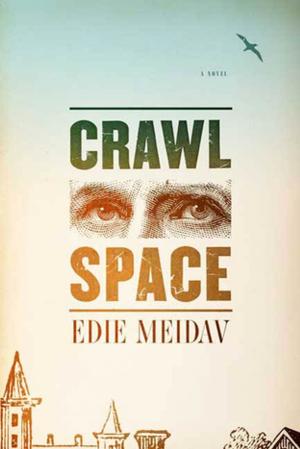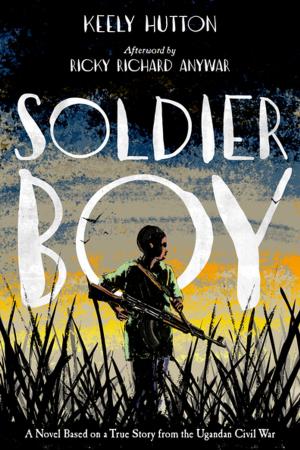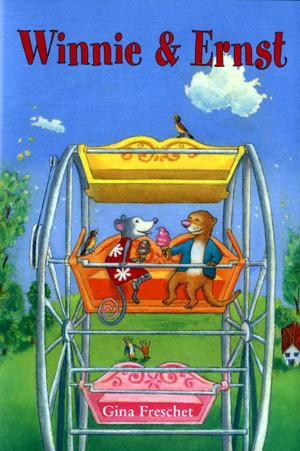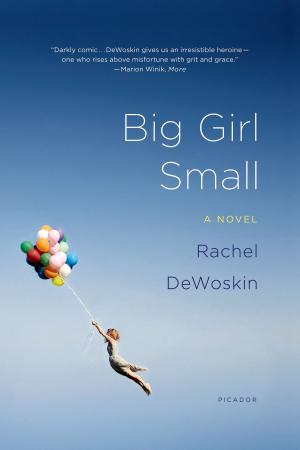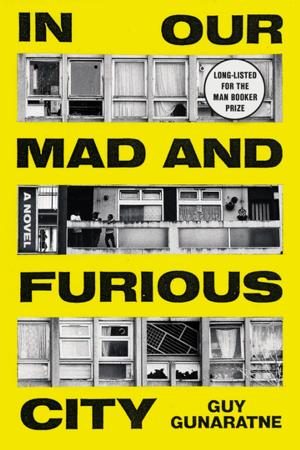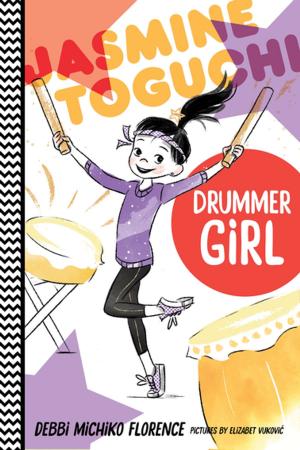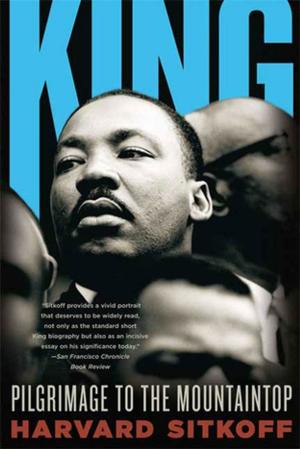Writing World War II
A Student's Guide
Nonfiction, History, Reference, Historiography, Americas, United States, 20th Century| Author: | Sylvie Murray, Robert D. Johnston | ISBN: | 9781466801363 |
| Publisher: | Farrar, Straus and Giroux | Publication: | August 2, 2011 |
| Imprint: | Hill and Wang | Language: | English |
| Author: | Sylvie Murray, Robert D. Johnston |
| ISBN: | 9781466801363 |
| Publisher: | Farrar, Straus and Giroux |
| Publication: | August 2, 2011 |
| Imprint: | Hill and Wang |
| Language: | English |
An indispensable tool for high-schoolers, undergraduates, or even amateur enthusiasts, Writing World War II teaches the craft of history writing—by example. In a series of thoughtful essays, Sylvie Murray examines American involvement in World War II and how it has subsequently been portrayed by historians. Murray addresses three broad topics—the prelude to war, the war effort on the home front, and the atypical experiences of soldiers—in an effort to recapture the mixed emotions of the time and the larger forces shaping public opinion. Her work challenges the traditional notions of "the greatest generation" and "the good war," and explores viewpoints that have been largely ignored in popular retellings. The book serves a dual purpose, critiquing the approaches of various historians while at the same time offering Murray's own writing as a model for constructing a persuasive essay.
But as Murray is rightly critical of one-sided historical arguments, Writing World War II offers another layer of analysis and instruction throughout. At various points in the book, her fellow historian Robert D. Johnston chimes in to assess Murray's prose, demystifying her techniques while helping you to become more critical of all sorts of historical writing—including your own.
An indispensable tool for high-schoolers, undergraduates, or even amateur enthusiasts, Writing World War II teaches the craft of history writing—by example. In a series of thoughtful essays, Sylvie Murray examines American involvement in World War II and how it has subsequently been portrayed by historians. Murray addresses three broad topics—the prelude to war, the war effort on the home front, and the atypical experiences of soldiers—in an effort to recapture the mixed emotions of the time and the larger forces shaping public opinion. Her work challenges the traditional notions of "the greatest generation" and "the good war," and explores viewpoints that have been largely ignored in popular retellings. The book serves a dual purpose, critiquing the approaches of various historians while at the same time offering Murray's own writing as a model for constructing a persuasive essay.
But as Murray is rightly critical of one-sided historical arguments, Writing World War II offers another layer of analysis and instruction throughout. At various points in the book, her fellow historian Robert D. Johnston chimes in to assess Murray's prose, demystifying her techniques while helping you to become more critical of all sorts of historical writing—including your own.


